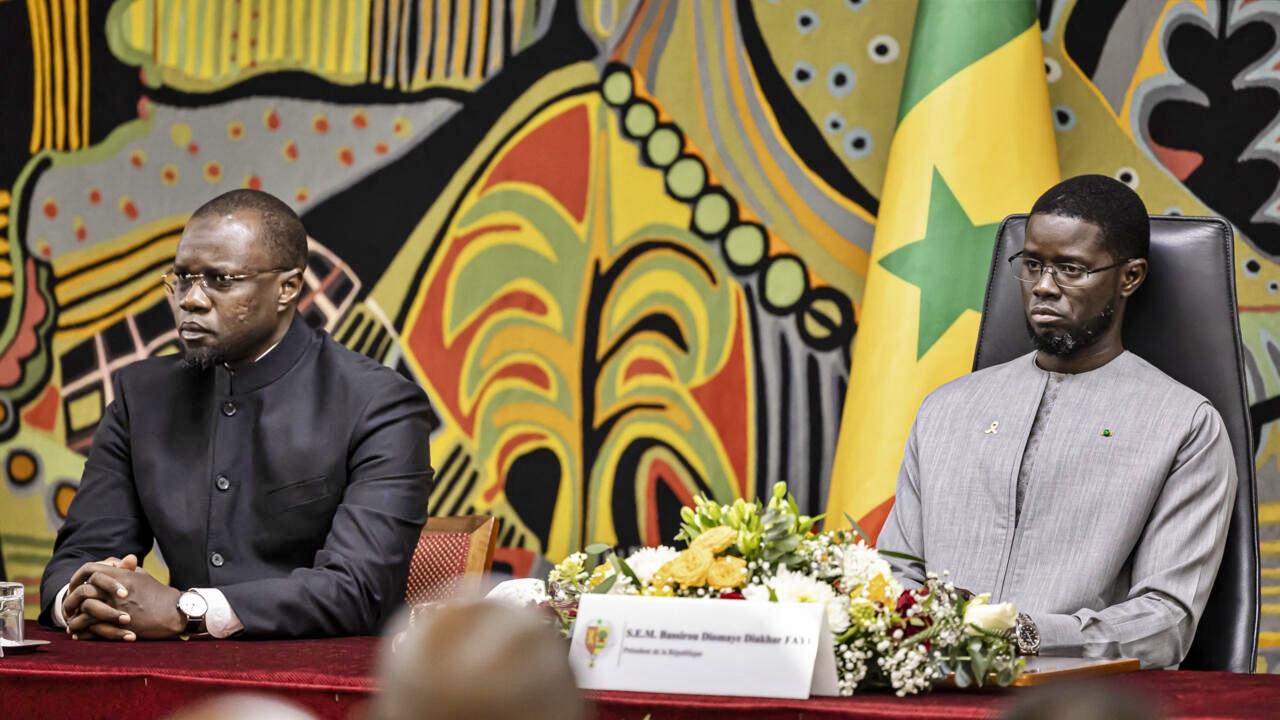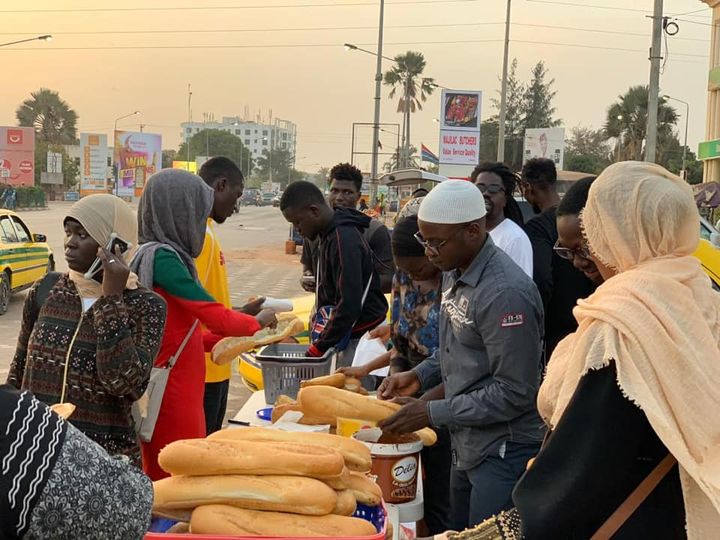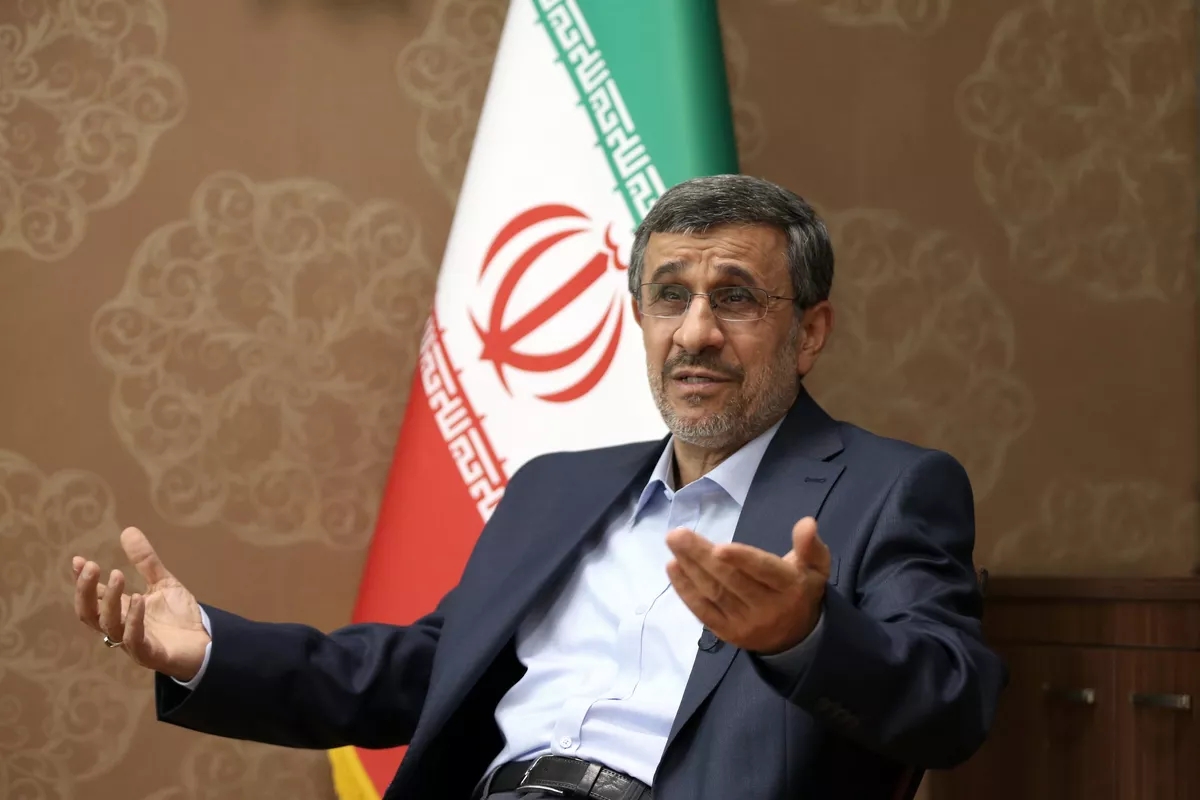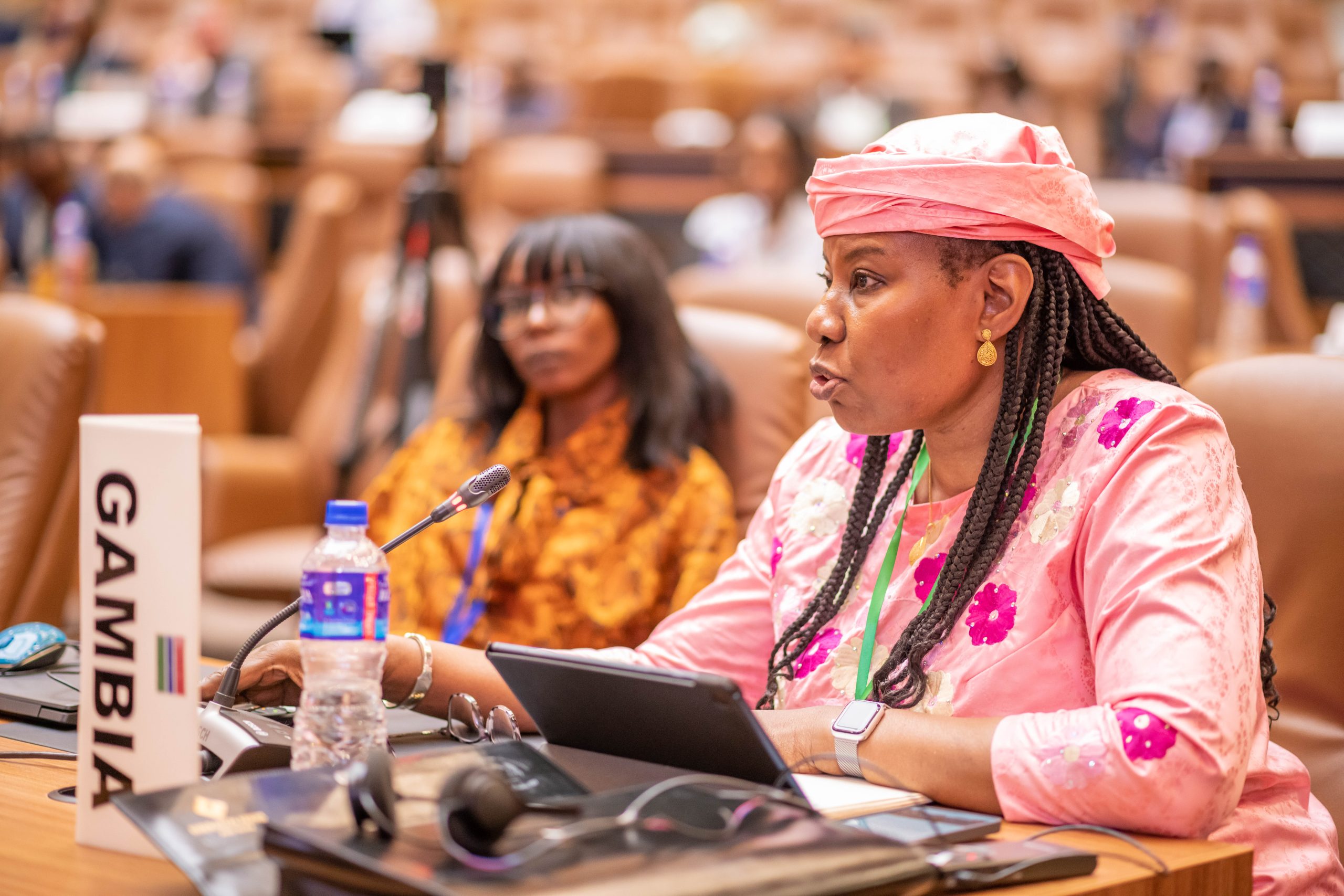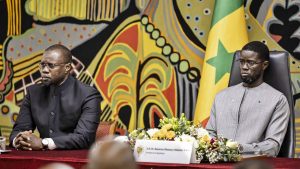Gambiaj.com – (BANJUL, The Gambia) – The Gambia’s Permanent Representative to the African Union Commission, Ambassador Salimatta E.T. Touray, has reaffirmed the government’s commitment to protecting children and ensuring justice for victims of Female Genital Mutilation (FGM).
Speaking at the 85th Ordinary Session of the African Commission on Human and Peoples’ Rights (ACHPR), Ambassador Touray said The Gambia remains resolute in prosecuting those responsible for the death of a one-month-old baby who died from FGM-related complications.
“In observance of the Right to Reply, I wish to reiterate the statement I delivered regarding the one-month-old baby that died due to FGM. As stated previously, The Gambia wishes to put on record the steps taken regarding that case. The key persons involved have been charged,” Ambassador Touray told the Commission.
She informed the ACHPR that the prime suspect could face life imprisonment, while two others have been granted bail and are currently appearing in court. Ambassador Touray stressed that the government must allow due process to take its course.
To demonstrate The Gambia’s broader commitment to child protection, she outlined several legislative, policy, and institutional measures enacted to safeguard children from all forms of harm.
“The Gambia ratified the Optional Protocol to the Convention on the Rights of the Child (CRC) on the involvement of children in armed conflict, and significant amendments have been made to the Children’s Act 2005 to enhance protection against child marriage. The Women’s (Amendment) Act 2015 also protects the girl child against FGM,” she said.
Ambassador Touray further noted that additional provisions to protect children from online sexual abuse and exploitation are contained in the Cybercrime Bill 2023, which is currently before the National Assembly.
She added that the Sexual Offences Act 2013, Labour Act 2023, and Tourism Offences Act 2003 have been revised to strengthen child protection against economic exploitation and abuse.
She also highlighted the implementation of the National Child Protection Strategy and Plan of Action, revised to align with the National Social Protection Policy (2015–2025). The government, she said, plans to develop a comprehensive National Children’s Policy to further reinforce this framework.
Ambassador Touray informed the Commission that Child Protection Units have been established across various security agencies to enhance coordination in addressing abuse and exploitation.
These specialized units, she said, work closely with the Child Welfare Unit of the Police, the Sexual and Gender-Based Violence Unit of the Ministry of Justice, the Directorate of Children’s Affairs under the Ministry of Gender, Children and Social Welfare, the National Agency Against Trafficking in Persons (NAATIP), and the Children’s Court.
Together, she added, these institutions form a robust and coordinated system to prevent and respond to violence and maltreatment against children.
“In conclusion, I wish to take this opportunity to reiterate The Gambia’s strong commitment to protecting children and ensuring that the perpetrators of the FGM case are held fully accountable,” Ambassador Touray affirmed.




